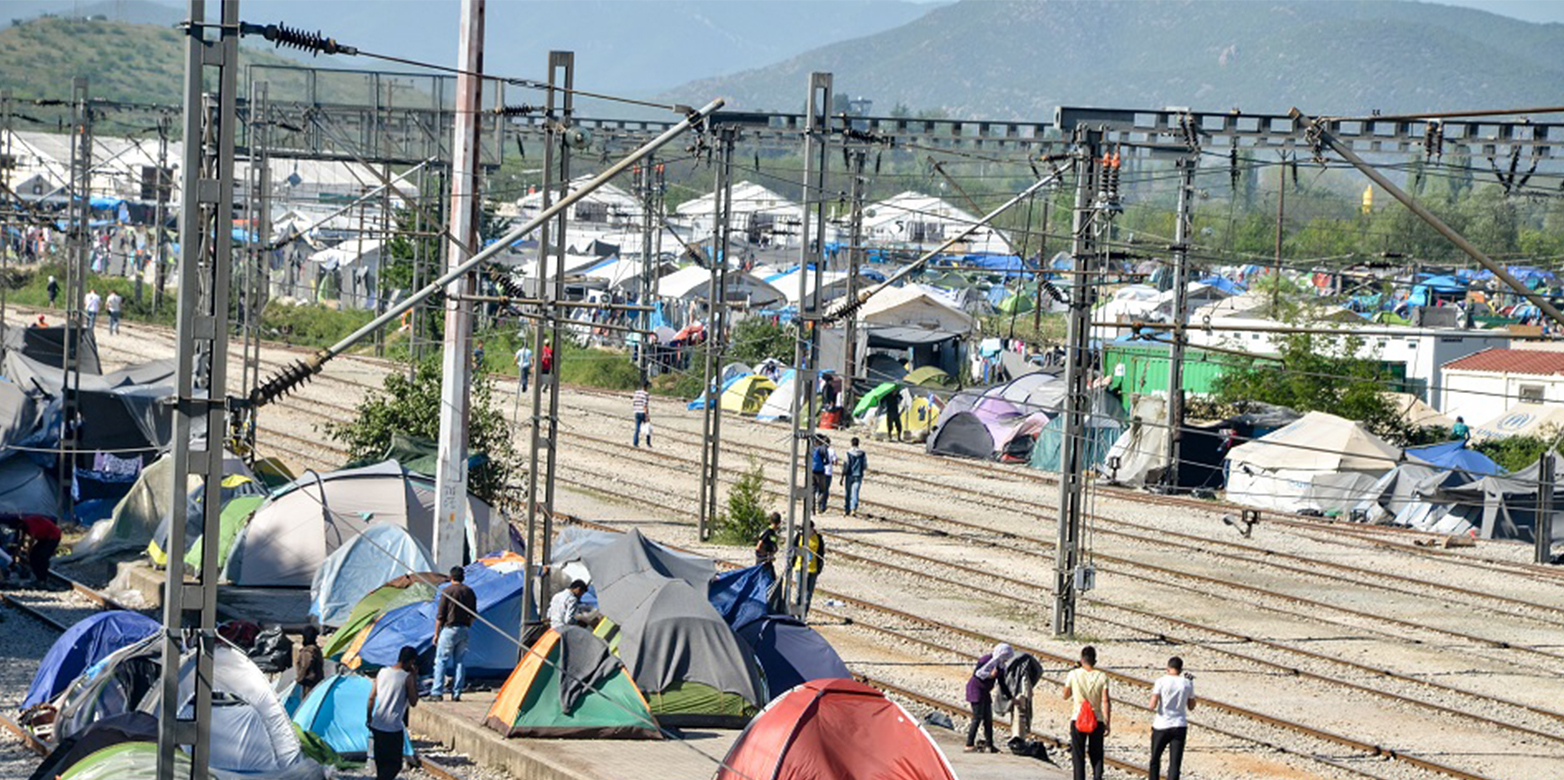Humanitarian Protection as a European Public Good: The Strategic Role of States and Refugees
An insightful article on the provision of humanitarian protection by Philipp Lutz, ETH Zurich Prof. David Kaufmann & Anna Stünzi was recently published in the Journal of Common Market Studies (JCMS).

The surge of refugees arriving in Europe has accentuated the malfunctioning of the common European asylum system: the lack of coordination between nation states and failure in the common protection of refugees were the main outcomes of the so‐called refugee crisis.
This article builds on the literature on public goods and policy compliance in order to explain the failure of European countries to provide humanitarian protection to refugees. The analysis demonstrates that a failure of the Common European Asylum System to ensure such protection is that it does not account for refugees preferences. This leads to an underprovision of humanitarian protection because, following public policy literature, policies can only achieve their objectives if the relevant target groups comply with those policies or behave in ways that are consistent with the enunciated objectives of the policy.
Empirical research shows that refugees have rational preferences about the country where they want to seek protection and that they are willing to accept substantial risks and costs to submit an asylum request in their preferred destination country. Thus, the currently implemented Dublin Regulation sets disincentives to comply for their main target group and is therefore designed to fail. As a result, it is not sufficient when states establish cooperation in order to provide humanitarian protection. Only mutual compliance between states and refugees leads to the provision of the public good.
The findings have important implications for asylum policy-making in the European Union. The research suggests that the agency and preferences of refugees should be incorporated into the analysis and the design of international asylum regimes. It is demonstrated that efforts to increase the enforcement of state compliance (i.e. through sanctions) or the enforcement of refugee compliance (i.e. through securitisation) are unlikely to overcome the current problems of the Common European Asylum System.
For more information and the full article, please visit the external page Journal of Common Market Studies homepage.